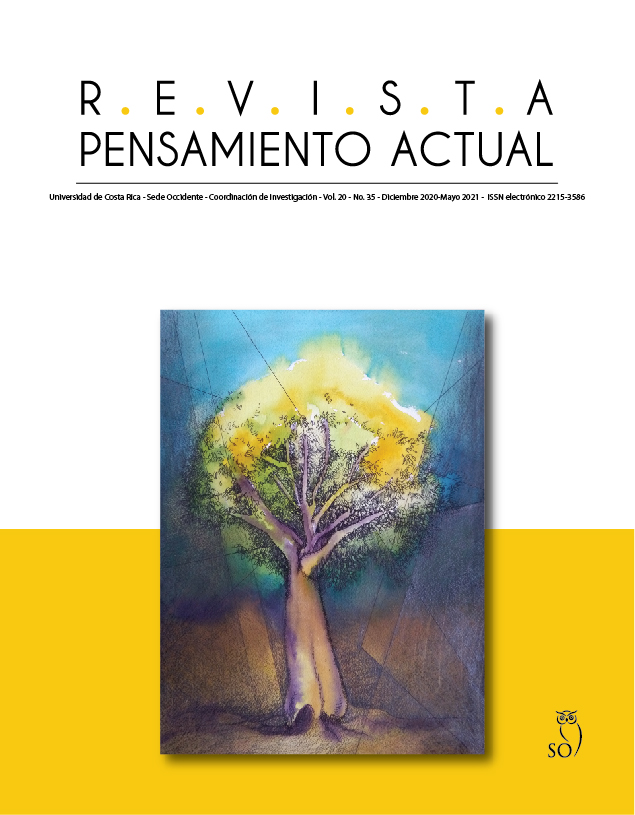Abstract
This article exposes a possible dialectic interpretation for the Study Nº 1 from the brazilian composer Heitor Villa-Lobos (Brazil, 1887-1959). It’s placed in the sonorous, cultural and artistic contexts that were contemporary to the author. In this article is possible to find a reference to the esthetic and artistic tendency from the popular music that surrounded the author and, subsequently, through the notions of Cultural Anthropophagy, Postcolonial Listening and Ethnographic Ear, relocate the rhythmic sense of the aforementioned Study.
Comments
Downloads
Download data is not yet available.

